Life is either a daring adventure or nothing at all.
If you are reading this, it means you are thinking about moving to New Hampshire.
For many, this scenic state represents a fresh start, a chance to embrace stunning landscapes, and a unique community vibe.
New Hampshire has steadily become one of the top destinations for people looking to relocate due to its tax benefits and high quality of life.
In fact, according to the U.S. News & World Report’s rankings, New Hampshire ranked among the top ten states in the country for quality of life.
Thanks to its low crime rate, solid healthcare system, and strong educational opportunities.
You may already know that New Hampshire is one of the few states without a state income tax or sales tax.
But there’s much more that makes this state stand out.
If you are looking for outdoor adventures, New Hampshire's 90+ state parks and mountains offer plenty.
And suppose you are interested in joining a vibrant, professional community. In that case, New Hampshire has seen significant job growth in the tech, healthcare, and education sectors.
Its unemployment rate is just 2.5%, which is far below the national average.
As you prepare for this move, we'll guide you through every detail you need.
So, let’s get into it and explore what makes moving to New Hampshire a true adventure,
What to Expect in New Hampshire
New Hampshire offers a range of affordable housing options.
According to Zillow, the average home in New Hampshire costs approximately $430,000, but prices vary by town and city.
Affordable Options for Renters and Buyers
For example, in cities like Manchester or Nashua, average apartment prices range from approximately $1,200 for a one-bedroom unit to about $1,800 for a three-bedroom unit for renters.
Anyone who has a plan to buy would be better off heading to the suburbs in places like Dover or Concord,
Perhaps it is cheaper than a more expensive town like Portsmouth.
Best New Hampshire Towns for Young Professionals
Many of US young professionals, who are considering moving to NH will be seeking towns with jobs and amenities.
Some of the best New Hampshire towns for young professionals include:
Manchester: It is the biggest city with a downtown, tech startups, and an emerging arts scene.
Nashua: It offers access to Boston and consistently ranks among the best places to live in the U.S.
Portsmouth: It is a quaint coastal town featuring a historic downtown area, boutique shops, and great restaurants.
Dover: It is smaller than other cities but full of character. It has a strong job market in healthcare and education.
Job Market and Career Opportunities
New Hampshire's job market is mixed, with positions in healthcare, tech, education, and manufacturing.
New Hampshire Department of Employment Security says the state unemployment rate is a mere 2.5%.
It is among the lowest in the country, and the demand for skilled workers continues to rise.
Top Industries in New Hampshire
If you are looking for reliable New Hampshire jobs, you can browse the sectors below, which are in steady demand.
Healthcare: If you work in healthcare, you are in a good position as there are plenty of jobs in hospitals, therapists and home healthcare.
Technology: A number of Nashua and Manchester-based companies are becoming more engaged in IT and software.
Education and Government: The state hires a large number of teachers, administrators, and other public-sector workers.
Manufacturing: Real estate in NH is less expensive than in many states.
New Hampshire Weather
New Hampshire weather is a major adjustment for newcomers.
Each of the four seasons has its own characteristics and challenges.
Winter: The winters can be cold, snowy, and tough, especially if you are not from an area that gets heavy snowfall.
Spring: Spring comes late but is worth the wait. It brings with it wildflowers and mild weather.
Summer: Summer brings great weather, not extremely hot but moderate weather, which is a favorite season for hiking and other activities.
Fall: Autumn is legendary in New Hampshire because of the foliage, which draws tourists from every corner of the globe.
For those relocating, be prepared with some basic winter driving tips for New Hampshire.
Taxes in New Hampshire
One of the significant perks of moving to New Hampshire is the state’s tax-friendly environment.
The state does not impose an income tax or sales tax, which can lead to substantial savings.
However, New Hampshire does have property taxes, which tend to be higher than the national average.
Key Points on New Hampshire Taxes
No State Income Tax: A huge appeal for both individuals and families.
No Sales Tax: Buying goods is cheaper without the additional tax costs.
Property Tax: Although higher than average, property tax funds are well-spent on public services and schools.
Outdoor Recreation: New Hampshire State Parks
For outdoor enthusiasts, New Hampshire state parks and recreation areas are a paradise.
The state has over 90 state parks, from scenic coastal areas to mountainous trails.
Some of the must-visit parks include:
White Mountain National Forest: It is perfect for hiking, skiing, and leaf-peeping in the fall.
Franconia Notch State Park: It is known for its beautiful trails and the iconic Flume Gorge.
Hampton Beach State Park: It is well-known for its coastal retreat with opportunities for sunbathing and water sports.
NH lifestyle offers outdoor activities year-round.
And the best part? Many of these outdoor adventures are free or low-cost.
NH Lifestyle: Culture and Community
New Hampshire offers diverse traditions and modernity, with a sense of community that's hard to beat.
The NH lifestyle is all about balance. Residents of New Hampshire say their communities are open, inviting and friendly.
There is always something happening, with a wide array of cultural events, farmers' markets, music festivals and community events.
How Much Does it Cost to Move to New Hampshire?
Let’s talk about the big question: How much does it actually cost to move to New Hampshire?
Let’s discuss all the aspects so you have a clear idea of what to budget.
Moving Truck or Professional Movers?
If you're moving from out of state, the first big cost is transportation.
Hiring professional movers is convenient, but it can be pricey.
On the other hand, renting a moving truck or using a “You-Pack, We-Drive” service can save you money if you’re willing to handle some of the work yourself.
| Moving Method | Approximate Cost (Based on the 1,000-mile move) |
|---|---|
| DIY Truck Rental | $1,000 - $2,500 |
| “You-Pack, We-Drive” Services | $2,000 - $4,500 |
| Full-Service Movers | $4,000 - $8,000+ |
Note: If you're moving long-distance (e.g., coast-to-coast), expect prices at the higher end of these ranges.
Packing Supplies
If you are handling packing yourself, you will also need to account for packing materials like boxes, bubble wrap, tape, and specialty packing for fragile items.
| Item | Average Cost |
|---|---|
| Cardboard Boxes (Large) | $2 - $5 per box |
| Bubble Wrap (per 12-inch roll) | $10 - $25 |
| Packing Tape | $3 - $6 per roll |
| Moving Blankets | $10 - $15 each |
| Specialty Packing (e.g., TV box, dish box) | $15 - $25 each |
| Total Estimate (for 2-bedroom home) | $100 - $200 |
Housing Costs in New Hampshire
The cost of housing in New Hampshire can vary a lot depending on where you settle.
Housing in cities like Manchester and Portsmouth will be more expensive than in smaller towns like Laconia or Claremont.
| Housing Type | Average Monthly Rent |
|---|---|
| 1-Bedroom Apartment | $1,200 - $1,500 |
| 2-Bedroom Apartment | $1,500 - $2,000 |
| 3-Bedroom Apartment | $1,800 - $2,500 |
| Single-Family Home | $2,000 - $3,500+ |
Utility Costs
Once you are in your new home, you will need to account for monthly utility costs.
New Hampshire's winters can be harsh, meaning heating costs can add up.
Here’s a breakdown of average utility expenses:
| Utility | Average Monthly Cost |
|---|---|
| Electricity | $100 - $150 |
| Heating (Natural Gas or Oil) | $100 - $300 (seasonally higher) |
| Water & Sewer | $30 - $60 |
| Internet | $50 - $80 |
| Total Estimate | $280 - $590 |
Tip: Some homes in New Hampshire rely on oil heating, especially in rural areas. Make sure to confirm your heating source when moving to avoid unexpected seasonal expenses.
Transportation Costs
Here’s what you can expect in terms of basic transportation costs:
Gas Prices: Around $3.50 - $4.00 per gallon (prices vary seasonally).
Vehicle Registration: Around $100 - $300 annually, depending on the age and model of the car.
Car Insurance: Expect to pay about $1,000 - $1,500 annually, depending on your coverage and driving record.
Cost of Living Adjustments
New Hampshire has a few unique cost-of-living aspects to consider.
While there is no sales or income tax, property taxes are higher than average, which could impact your housing budget.
| Expense | Average Monthly Cost |
|---|---|
| Groceries | $300 - $500 |
| Dining Out | $100 - $300 |
| Health Insurance | $300 - $700 (varies widely) |
| Childcare (if applicable) | $800 - $1,200 |
| Entertainment & Miscellaneous | $100 - $300 |
| Total Estimate | $1,600 - $3,000+ |
Property Taxes
One final expense to keep in mind is property taxes, especially if you’re buying a home.
New Hampshire has no state income tax or sales tax, which is fantastic, but it has one of the country's highest property tax rates.
The state average is at about 2%, though this varies by county.
| Property Tax Rate | Approximate Annual Cost (on $300,000 Home) |
|---|---|
| State Average | $5,000 - $6,500 |
| High-Tax Areas (e.g., Rockingham, Hillsborough Counties) | $6,000 - $7,500+ |
| Lower-Tax Areas (e.g., Sullivan, Coos Counties) | $4,000 - $5,000 |
Total Moving Cost Estimate
Finally, let’s add it all up.
| Expense Category | DIY Move Estimate | Full-Service Move Estimate |
|---|---|---|
| Moving Truck / Movers | $1,000 - $2,500 | $4,000 - $8,000+ |
| Packing Supplies | $100 - $200 | $0 - $200 |
| Initial Housing (Rent/Deposit) | $1,500 - $5,000 | $1,500 - $5,000 |
| Utilities (First Month) | $280 - $590 | $280 - $590 |
| Transportation | $150 - $300 | $150 - $300 |
| Living Expenses (First Month) | $1,600 - $3,000 | $1,600 - $3,000 |
| Property Tax (if buying) | $4,000 - $7,500+ | $4,000 - $7,500+ |
| Total Moving & First Month Cost | $8,630 - $19,090 | $11,530 - $24,590+ |
Note: These totals are estimates, and costs will vary based on your specific situation, such as distance, lifestyle, and housing choice.























































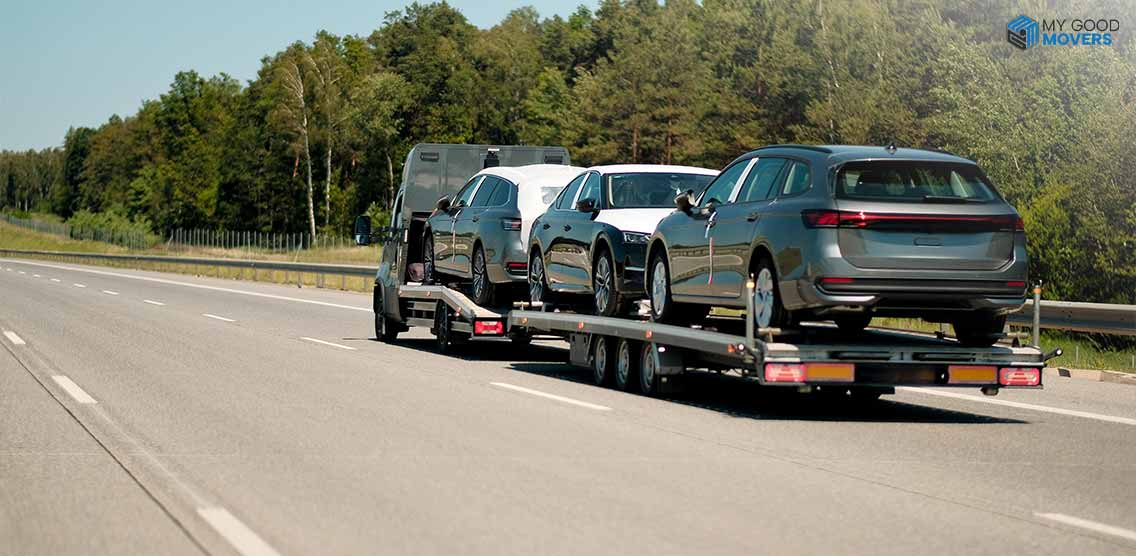
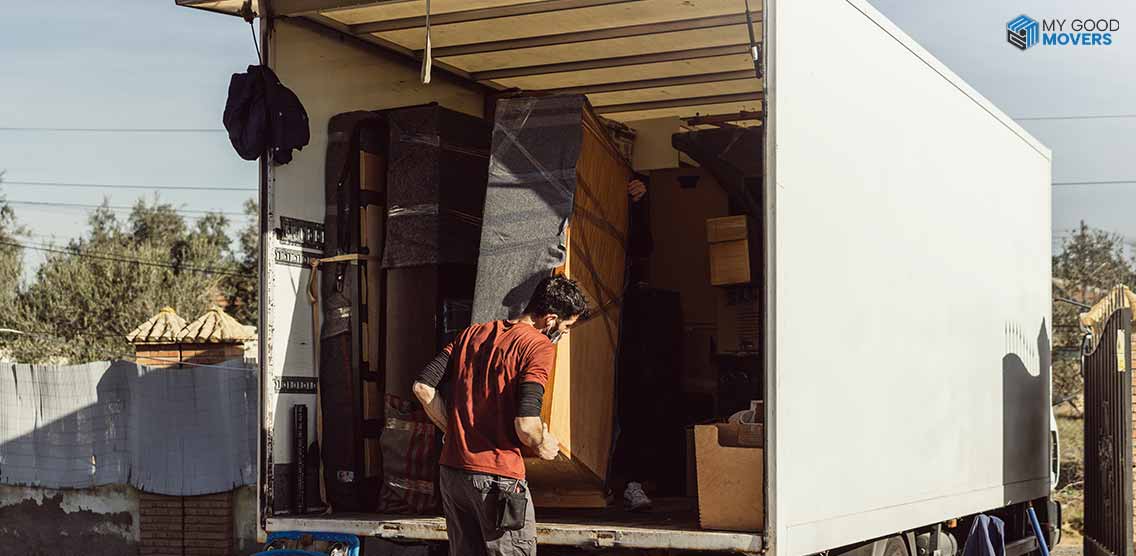


























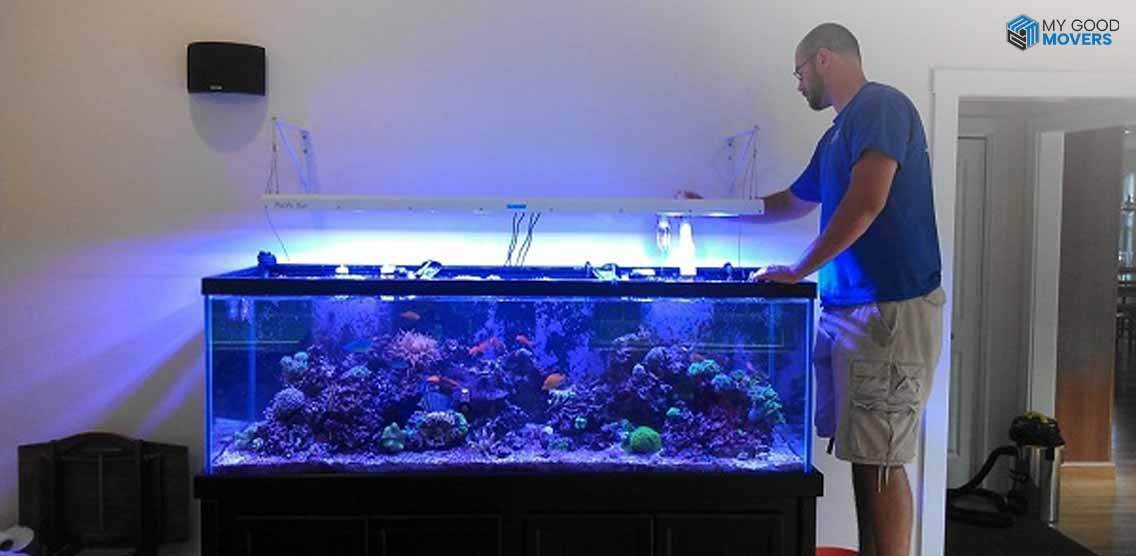














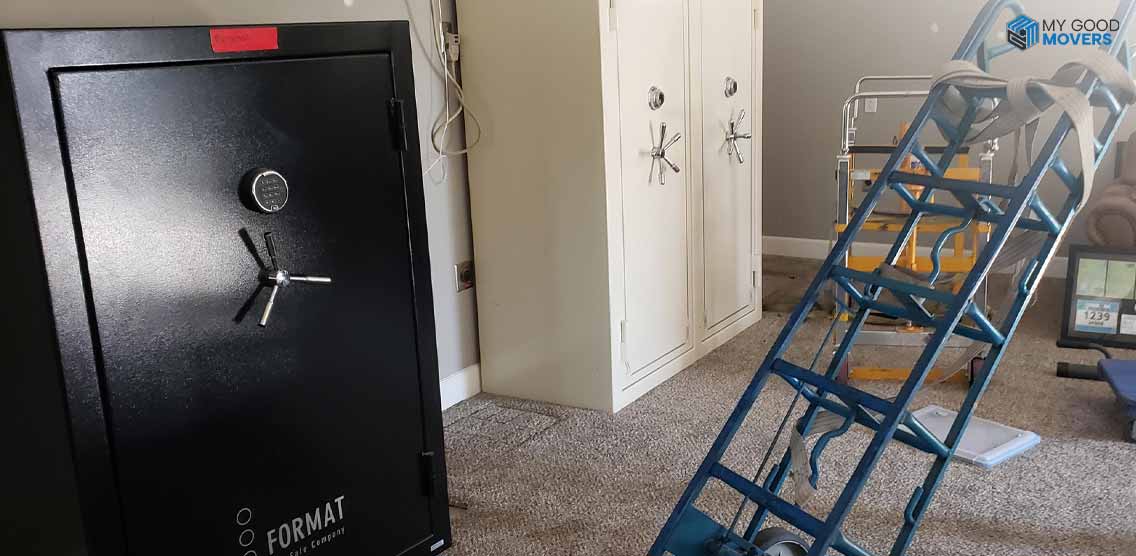











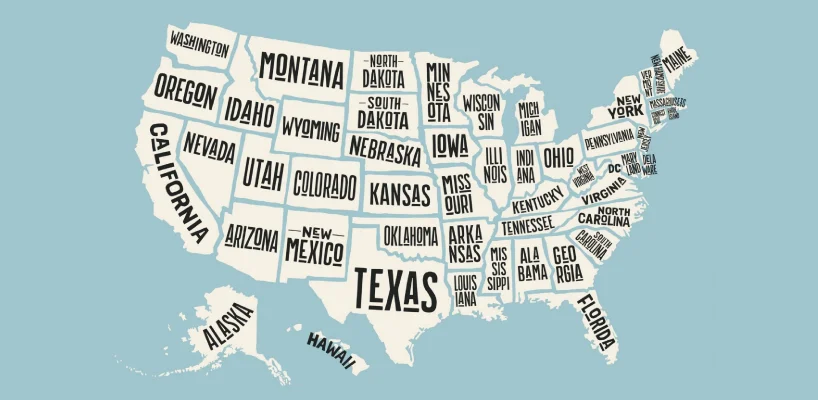
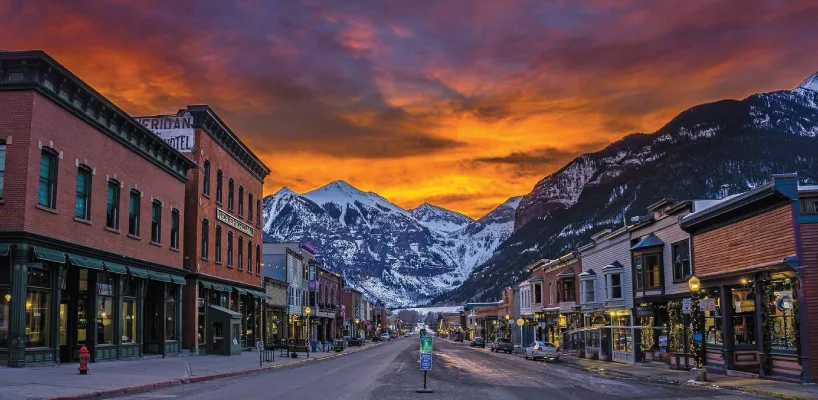





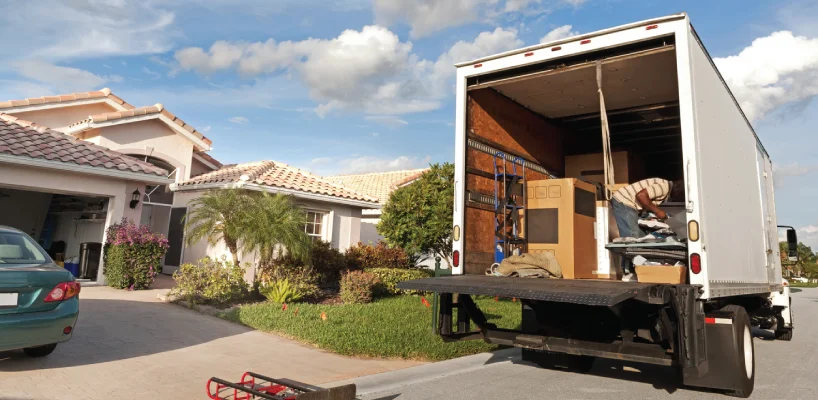




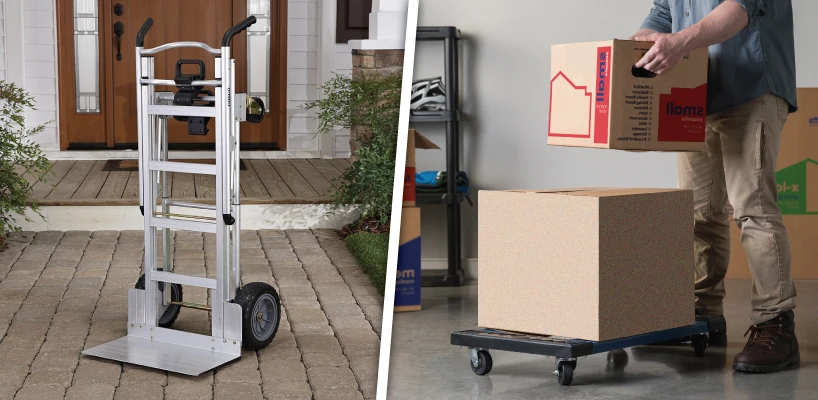
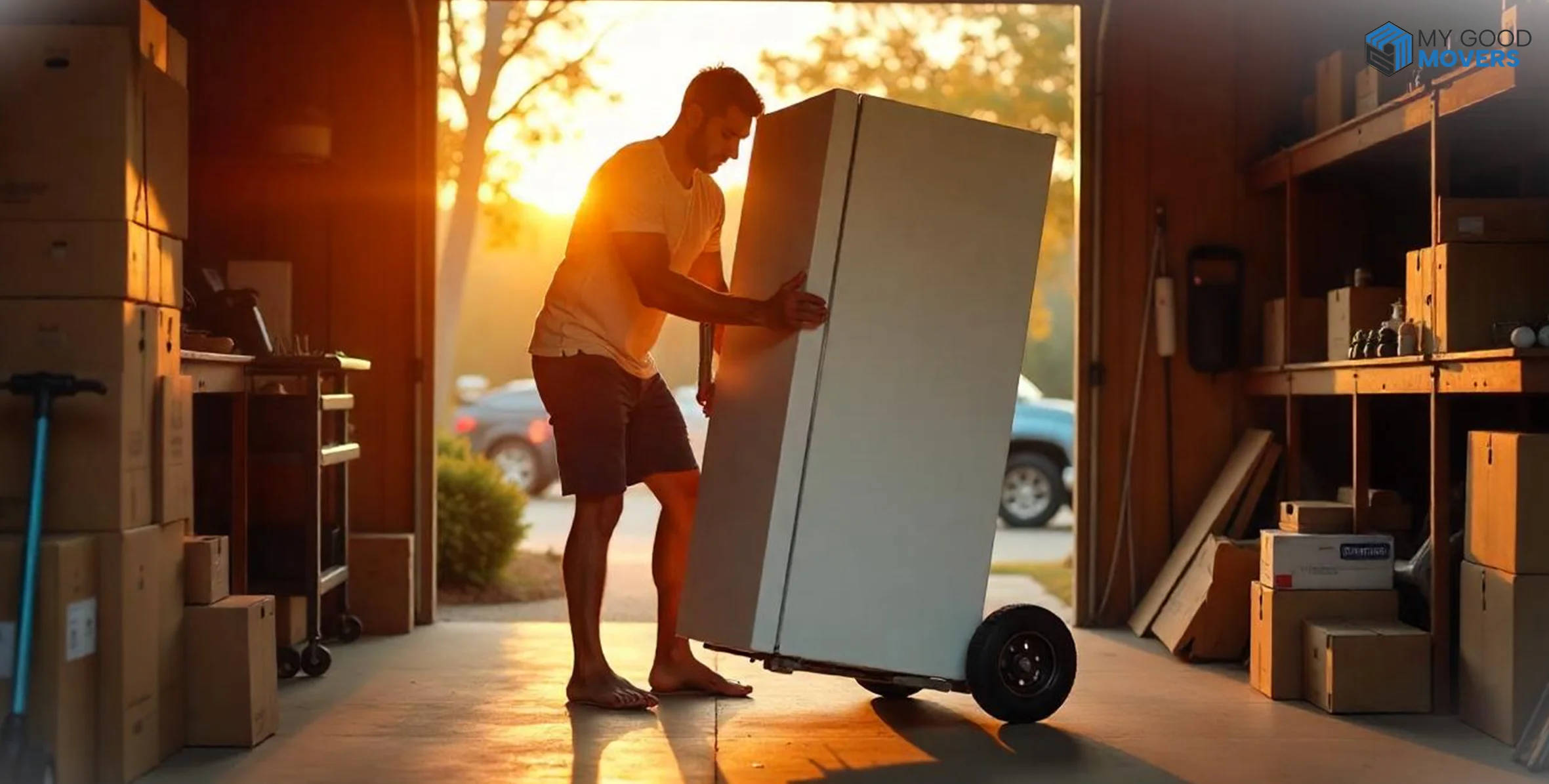

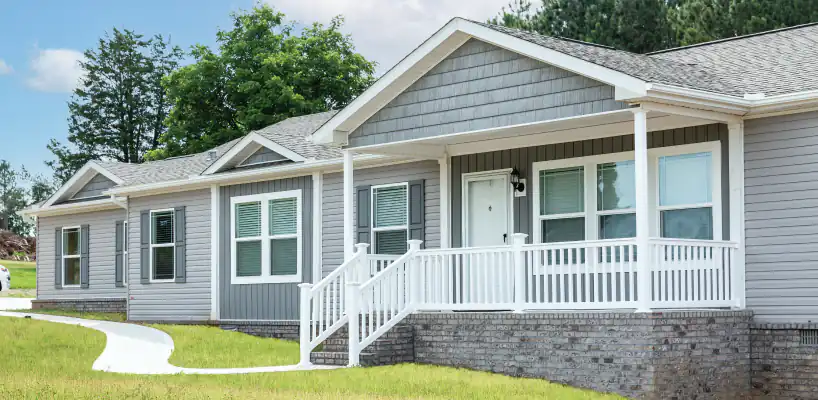

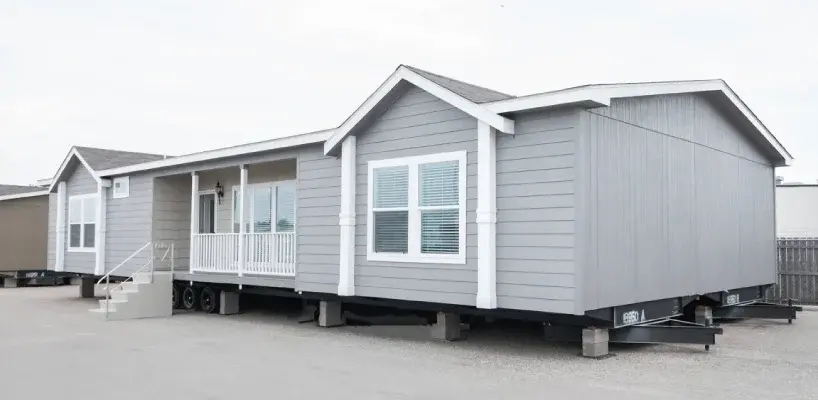
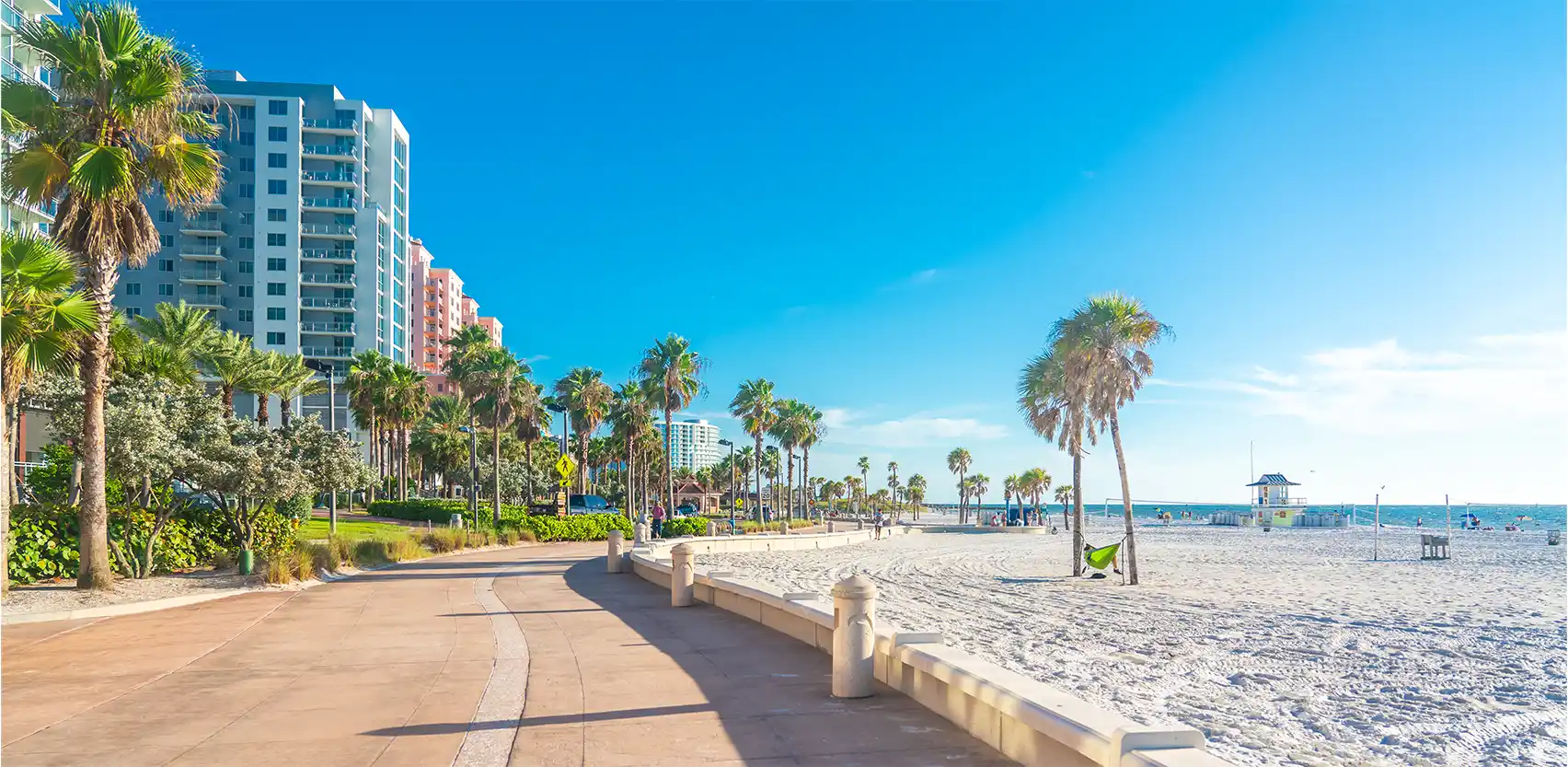

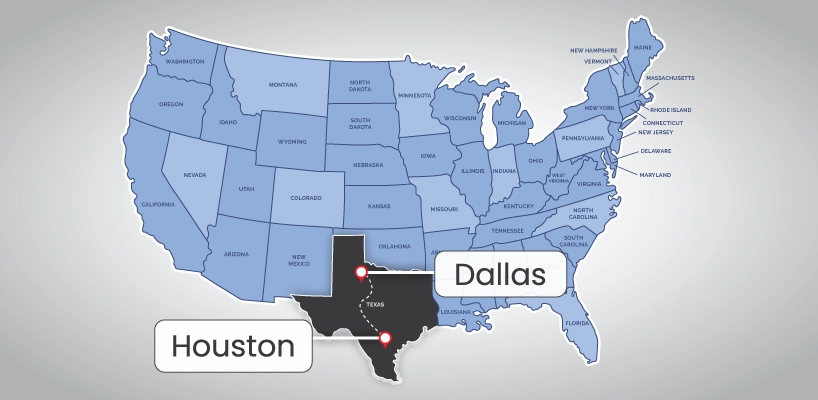


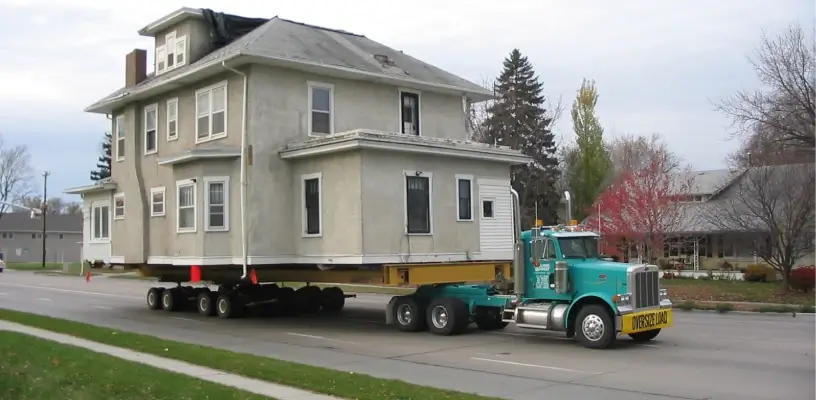







 (239) 799–6077
(239) 799–6077